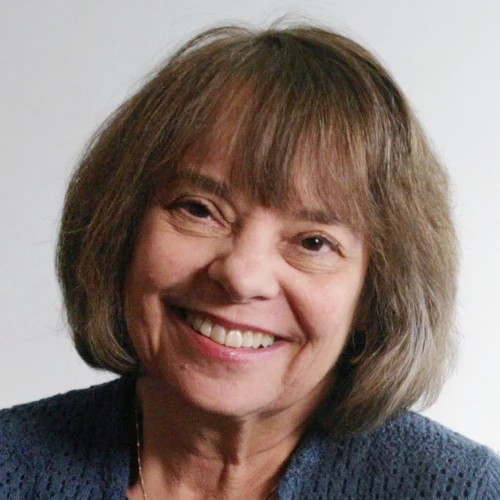The ability to be still and enjoy life is a sacred, sacred thing, but we spend much of our lives absorbed in the bustling busyness of day-to-day existence. Life flies by while we are busy pursuing goals we think we must meet before we can really begin to enjoy life.
As we reach our prime and beyond, and as our yoga practice matures, however, stillness plays an important and increasing role. According to ancient Indian philosophy, there are four stages of life. Our younger years are dedicated to the tasks of being first a student, and later a householder, raising our children. In later years. traditionally, people retire and eventually go to the forest, symbolic of an increasingly inward, spiritual focus.
In this course, Judith Hanson Lasater discussed the stages of yogic life and ways to make your mature years a particularly rich and precious part of your journey through life.
Some of the questions Judith addresses:
• How do these four stages relate specifically to the practice of yoga asana in a modern context?
• What do we give up and what do we gain as we age?
• What would an asana practice be like for most of us in our 50’s, 60’s, 70’s and beyond?
• What are our goals in these stages?
The later stages of our lives are a great time to deepen our inward focus. There is more contentment, perhaps, and not so much restlessness and ambition. Few tools are as helpful in moving us along this path as our daily yoga practice.
Judith explores how to maximize the richness of this stage of life to deepen our inward experience and evoke greater peace and greater connection with the universal forces that guide life.
This Course Also Includes:
- The Power of Language in our Relationships: The older we get, the more important our relationships tend to become to us. In this insightful talk, Judith explores how the words we use affect our relationships. Our words reflect our thoughts, and our thoughts in turn reflect our beliefs. Our beliefs run our life, especially our unconscious beliefs. Becoming more aware of these is the key to using the power of language as a positive force to strengthen, not weaken, our relationships. To communicate in a way that enriches our relationships, Judith says, we must learn to listen with our hearts.
- Recordings of Both Sessions: Yours to keep. It’s generally acknowledged that many people only retain 10-20 percent of what they learn in a workshop. You will get the recordings of both sessions, enabling you to go back and listen to the workshop as many times as you like.
- Transcripts of Both Sessions: Ever wanted to refer to a certain part of a course? Even the best note takers miss a point every so often. With the transcripts of the sessions, you can go back and refer to particularly important passages or clarify sections you were in doubt about.
- Rick Hanson – Practical Tools for Living: Change Your Brain, Change Your Life: In this Yoga U fireside chat with Rick Hanson, author Buddha’s Brain and Just One Thing, shares how we can reshape our own brain for greater happiness, more love, healthier relationships and greater wisdom. Rick starts off where The Secret and positive affirmations leave off, showing you how to create positive lasting change grounded in the science of how to encourage certain types of brain function and facilitate new mental structures over time.



